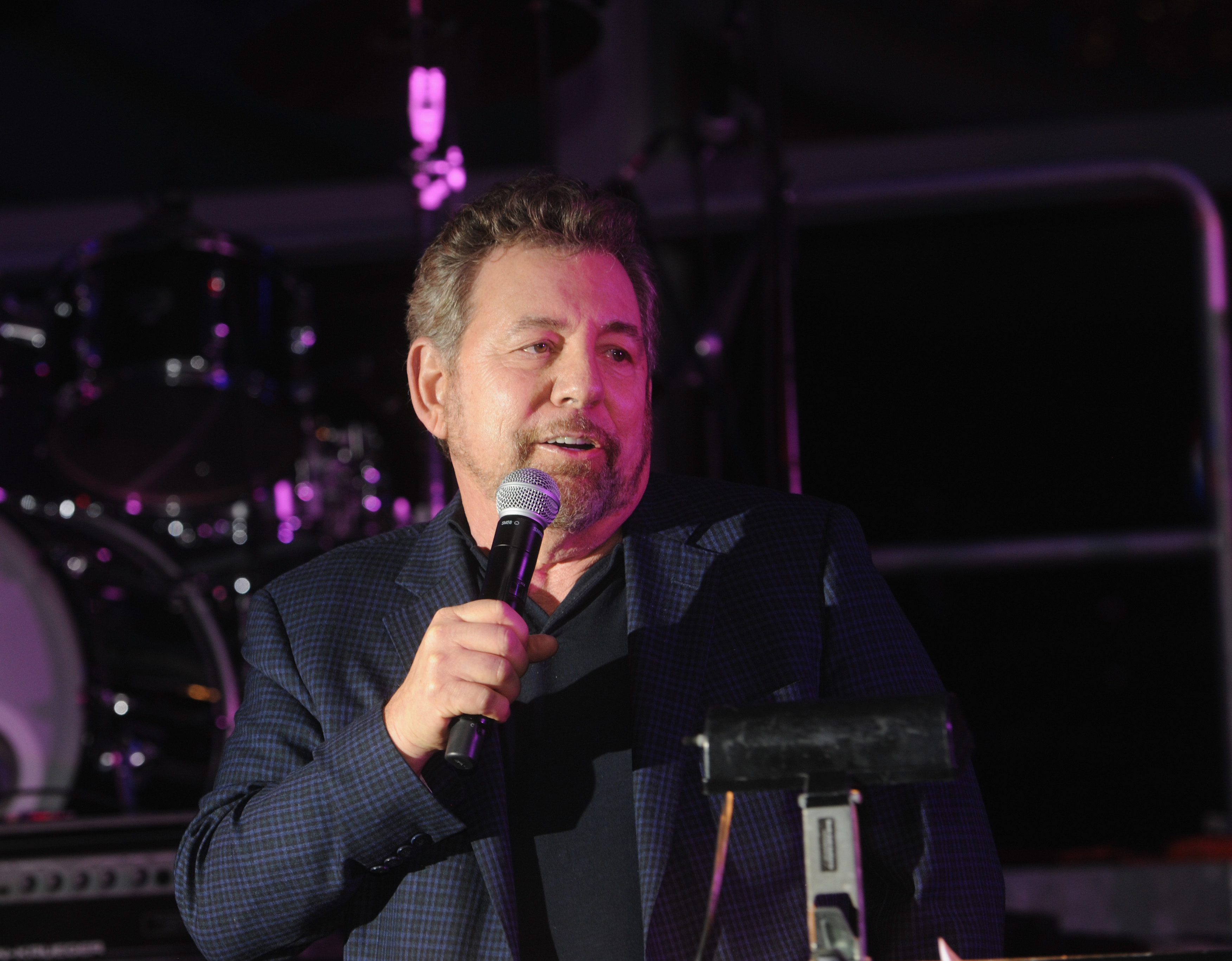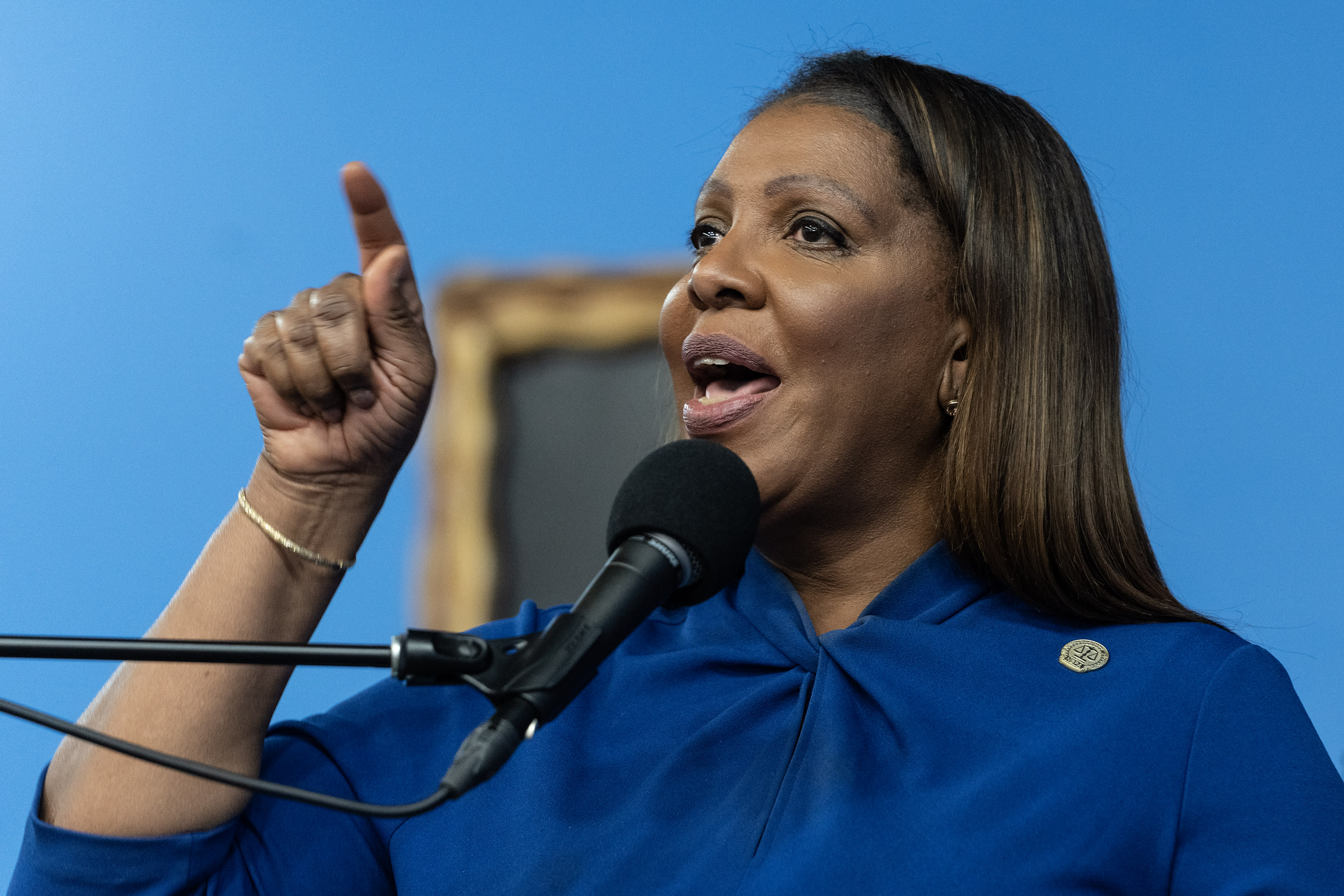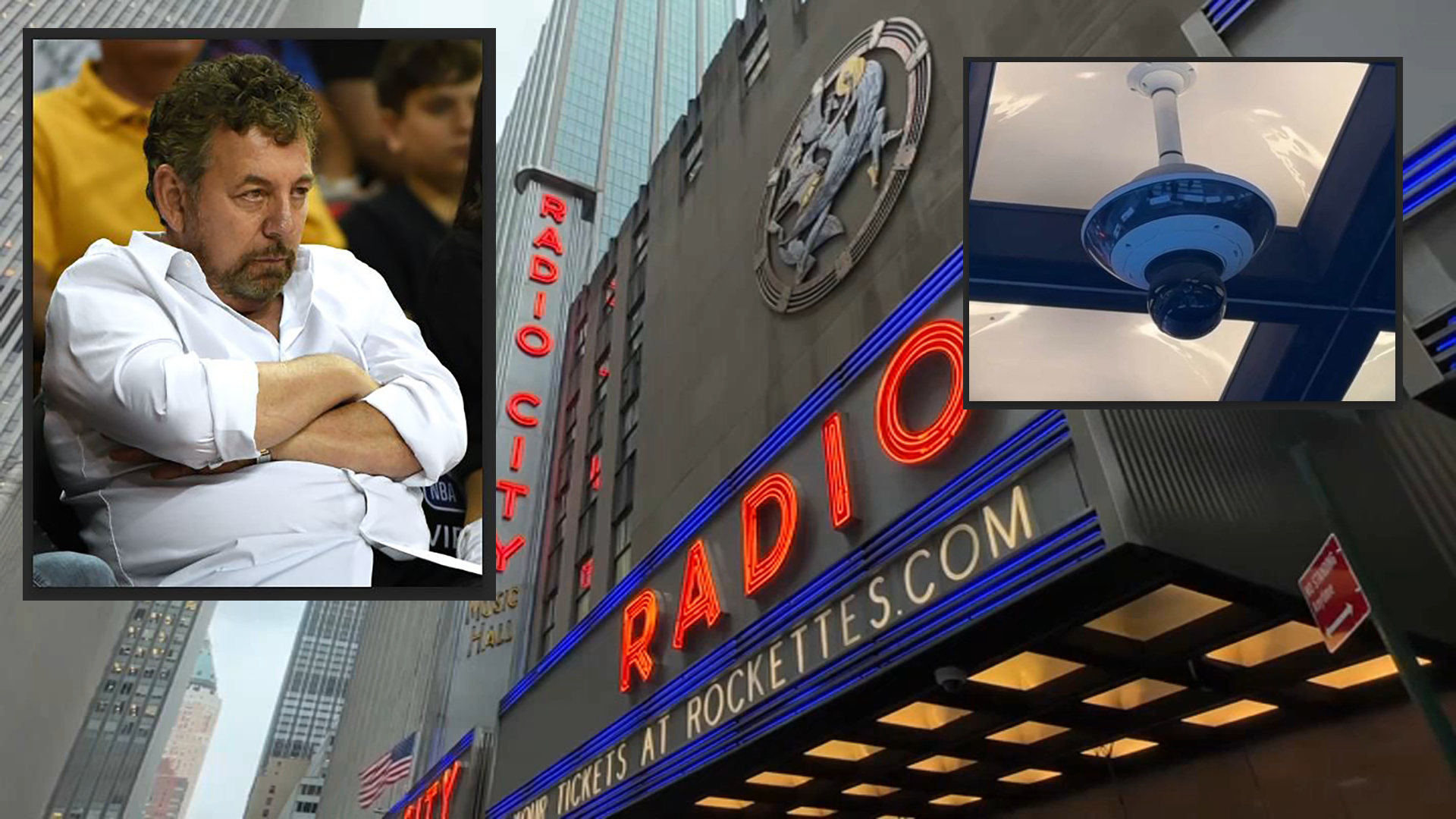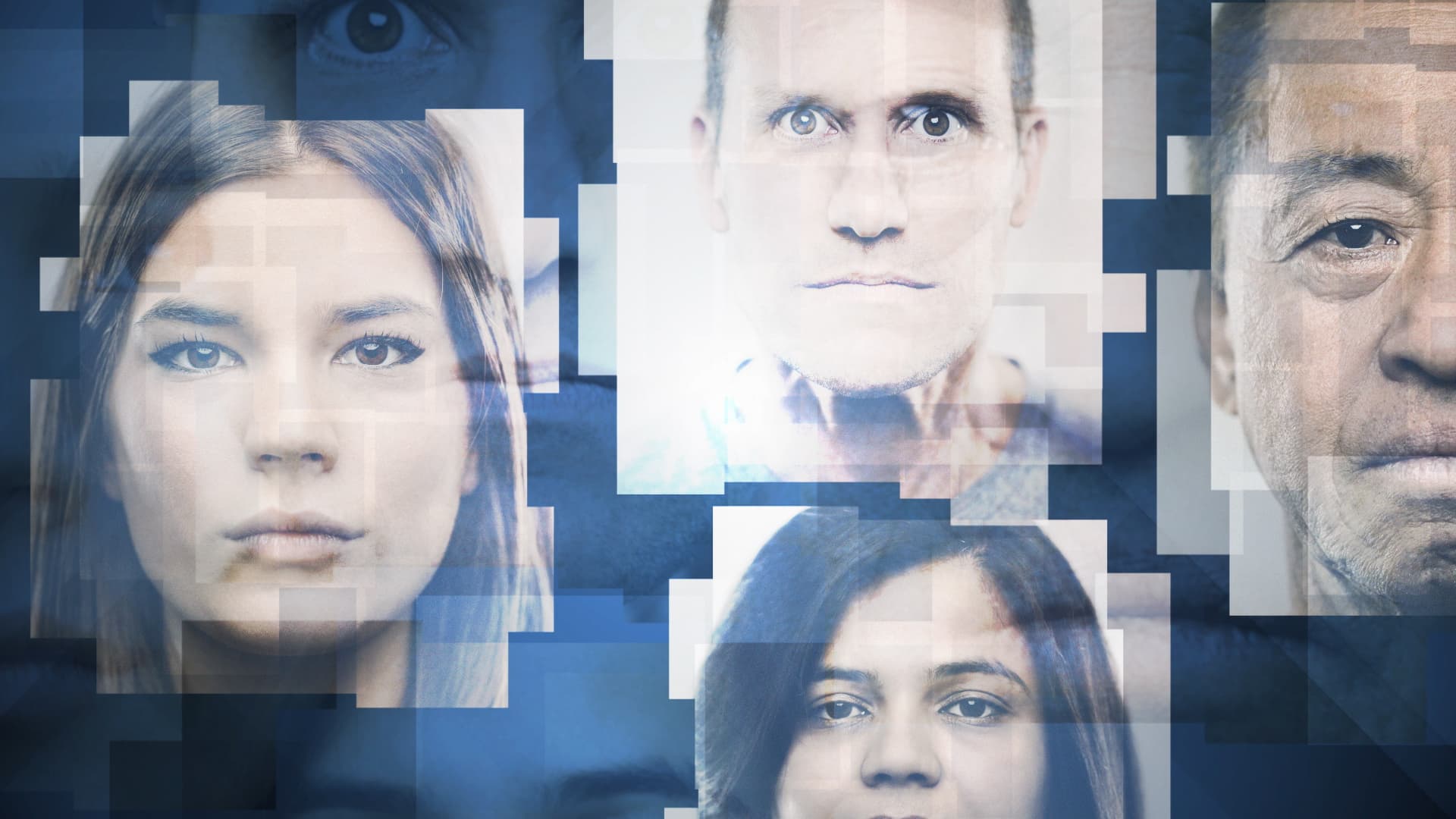After major repercussions, there is change coming to a policy that banned lawyers from some of the most famous venues in New York City if they were involved in litigation against the owner of those venues.
To be fair, it's a small change — but a change nonetheless.
On Monday, Madison Square Garden Entertainment released a statement that updated what it called its "adverse attorney policy," which bans lawyers involved in lawsuits against the company.
Get Tri-state area news and weather forecasts to your inbox. Sign up for NBC New York newsletters.
MSG Entertainment said the policy no longer applies to lawyers tied to pending litigation with Tao Group Hospitality, which includes about three dozen restaurants and clubs in the city. That's because the company is looking to sell off the bar and restaurant group.
"As a result of MSG Entertainment’s exploration of a potential sale of its majority interest in Tao Group Hospitality, effective immediately, the Company has lifted the adverse attorney policy for any litigation currently pending with Tao entities," the statement read, adding that those firms impacted will be notified.
However, the company made it clear: The change doesn't lift the ban for any lawyers working for other firms that are involved in legal action against Madison Square Garden Entertainment from attending shows and sporting events.
"The policy remains in place for all other firms pursing active litigation against the Company," the statement concluded.
MSG Entertainment has refused to fully do away with its policy, despite outcry both from those impacted and by lawmakers who are looking to change the laws that allow the ban to be instituted.
Amid the fight and the ongoing battle about his company's use of facial recognition technology, Madison Square Garden owner James Dolan threatened to ban the sale of alcohol at a New York Rangers game.
“The SLA [State Liquor Authority] is way, way beyond their skis...they're being extremely aggressive and they're saying 'We're going to take away your liquor license.' So I have a little surprise for them," Dolan said during a TV interview. "What we're gonna do, right, it we're going to pick a night, maybe a Rangers game, and we’re gonna shut down all the liquor and alcohol in the building."
That warning came in response to the State Liquor Authority investigating Dolan's use of facial recognition technology, which has resulted in bans against a group of lawyers who are currently suing his company, MSG Entertainment Corporation.
"It’s like something out of ‘The Godfather,’ it’s like ‘It’s only business.’ It’s not only business, and if you sue us, we’re gonna tell you not to come," Dolan continued. "If you’re grandstanding with the press, et cetera, I’m gonna tell you: Go ahead, take away my liquor license. People are still going to come to the games."
The comments also came after New York Attorney General Letitia James pressed Madison Square Garden Entertainment about its reported use of facial recognition technology to identify opposing lawyers.
"MSG Entertainment cannot fight their legal battles in their own arenas," James said in a Jan. 26 release announcing her letter. She's seeking a response from MSG Entertainment by Feb. 13.
"Madison Square Garden and Radio City Music Hall are world-renowned venues and should treat all patrons who purchased tickets with fairness and respect," she said. "Anyone with a ticket to an event should not be concerned that they may be wrongfully denied entry based on their appearance, and we're urging MSG Entertainment to reverse this policy."
Madison Square Garden Entertainment responded to the letter, saying that their policy "does not unlawfully prohibit anyone from entering our venues and it is not our intent to dissuade attorneys from representing plaintiffs in litigation against us. We are merely excluding a small percentage of lawyers only during active litigation." A spokesperson added the policy "has never applied to attorneys representing plaintiffs who allege sexual harassment or employment discrimination."
A spokesperson for the company previously told NBC New York that their facial recognition technology does not retain images of individuals, except for those previously advised they are prohibited from entering the company's venues or whose previous misconduct has identified them as being a security risk.
For months, attorneys whose firms are involved in litigation against Madison Square Garden Entertainment have found themselves banned from the company's sporting events and entertainment venues, such as Knicks games and Radio City Rockettes shows.
What sparked the controversy was a mother joining her daughter on a Girl Scout trip to Radio City.
Kelly Conlon is an associate with the New Jersey based law firm, Davis, Saperstein and Solomon, which for years has been involved in personal injury litigation against a restaurant once owned by Tao, and later acquired by MSG Entertainment. But Conlon said she herself doesn't practice law in New York, and is not an attorney working on any cases involving MSG.
"I knew nothing about the case until this happened," she said.
That didn't stop MSG Entertainment from identifying and zeroing in on her just as she got into the lobby before the Christmas Spectacular show the weekend after Thanksgiving. Security guards stepped in, and while her daughter, other members of the Girl Scout troop and their mothers got to go enjoy the show, Conlon wasn't allowed to do so.
"It was pretty simultaneous, I think, to me, going through the metal detector, that I heard over an intercom or loudspeaker," she told NBC New York. "I heard them say woman with long dark hair and a grey scarf."
She said she was asked her name and to produce identification.
"I believe they said that our recognition picked you up," Conlon said.
A sign at Radio City Music Hall stated that facial recognition is used as a security measure to ensure safety for guests and employees. Conlon says she posed no threat, but the guards still kicked her out with the explanation that they knew she was an attorney.
"They knew my name before I told them. They knew the firm I was associated with before I told them. And they told me I was not allowed to be there," said Conlon.
MSG said she was banned — along with fellow attorneys in that firm and others, as according to their policy. Now the company says she will be allowed to once again attend events, but it doesn't change how the experience made her feel.
"I feel I was unjustly targeted. I was there with my daughter—not in my capacity as an attorney. I feel my privacy was violated," she said. "I am hopeful for change and I hope this situation will create that change...At this point, I’m taking the humiliation and turning it into something good."
Sam Davis, the head partner at Conlon’s firm, took a novel approach: challenging MSG’s license with the State Liquor Authority. Davis doesn't believe the company's move is a sincere goodwill gesture, given that the company is trying to sell the properties anyway.
"[Dolan] just wants to sell his 70 restaurants without the controversy, without the cloud, without the investigation the Liquor Authority has made will continue into the future," Davis said. He previously told the I-Team that the company's policy is "a pretext for doing collective punishment on adversaries who would dare sue MSG in their multi-billion dollar network."
He also has bashed MSG's use of facial recognition technology, especially in regards to Conlon's situation, is "un-American."
"Taking a mother, separating a mother from her daughter and Girl Scouts she was watching over — and to do it under the pretext of protecting any disclosure of litigation information — is absolutely absurd. The fact they’re using facial recognition to do this is frightening," he said.
Davis said attorneys at the firm will not be returning to any MSG venues until the ban is lifted, and until Dolan agrees to limit using face recognition technology to "security" only.
A spokesperson for MSG Entertainment says they have met with the State Liquor Authority and are hopeful their transparency and participation will end the investigation. But there are others, including the Attorney General who is looking into possible civil rights violations. Several law firms are suing over these issues, arguing facial recognition technology is being weaponized.






